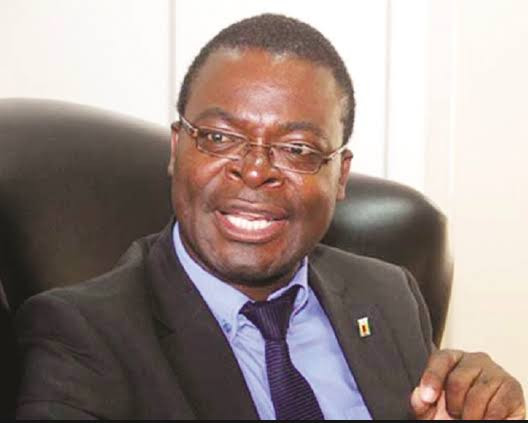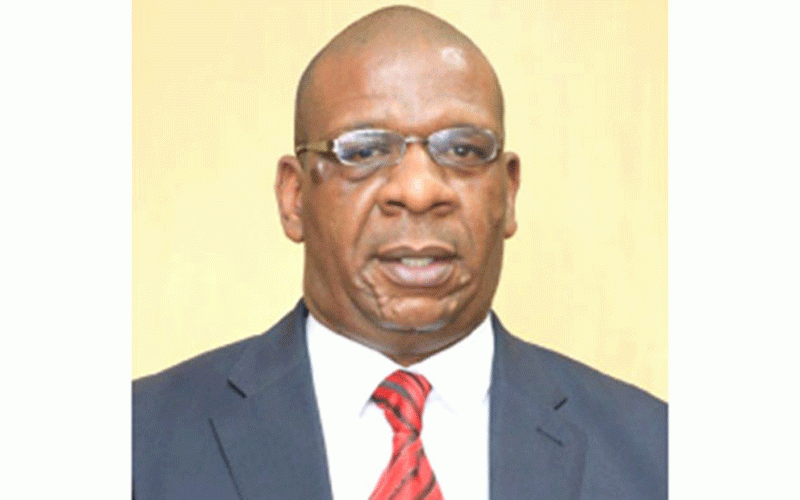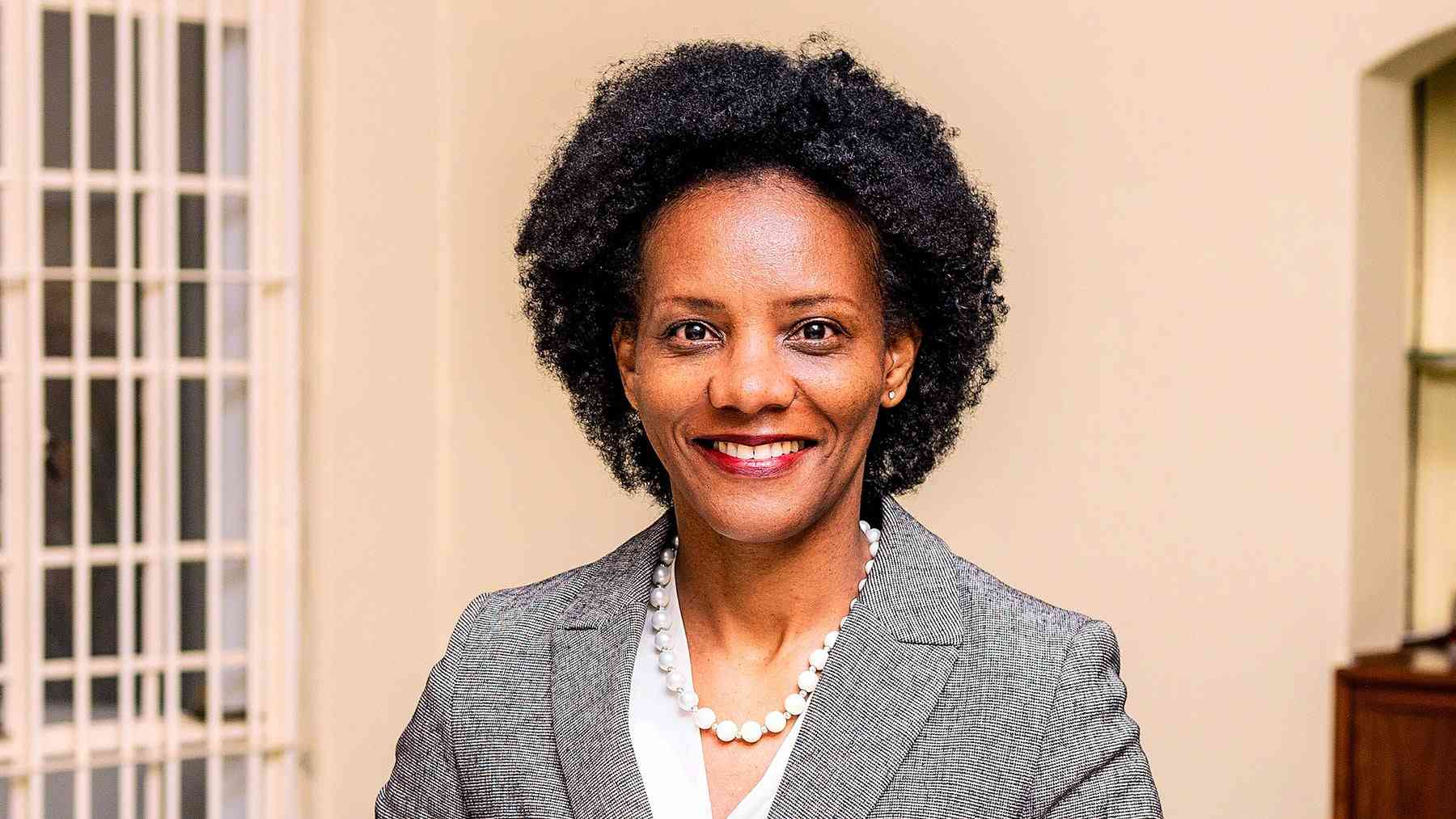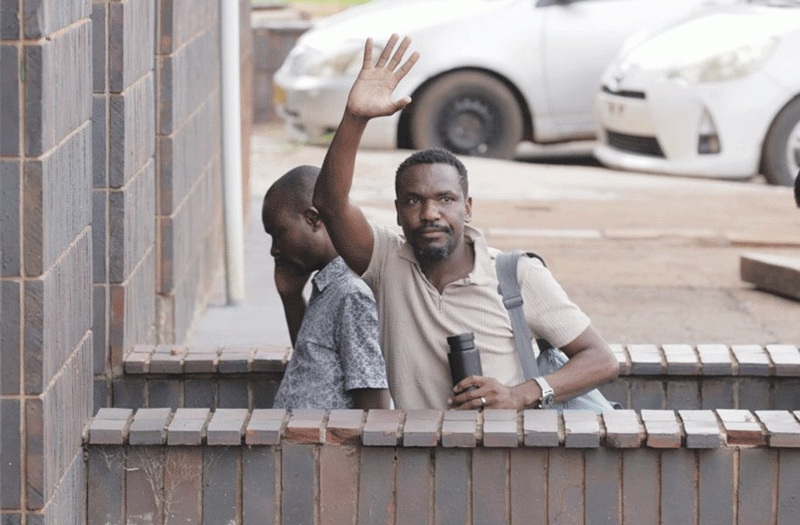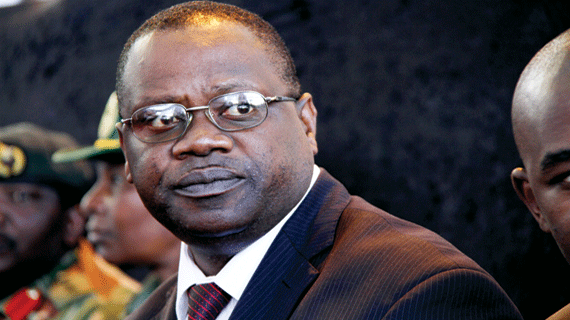
GOVERNMENT this week came under increasing pressure to crackdown on looters, as official reports showed last week that scores of state-owned enterprises (SOE) were bleeding President Emmerson Mnangagwa’s administration.
Announcing results of the 2022 performance appraisals for ministers and heads of government ministries on Thursday last week, chief secretary to the Office of the President and Cabinet (OPC) Misheck Sibanda said SOE, parastatals and local authorities had turned into a burden to the fiscus.
Mnangagwa introduced performance contracts to Cabinet ministers and heads of public institutions, including local authorities, to foster accountability and good governance.
“Some of our public entities have become albatrosses on the fiscus as every year some go with a begging bowl to the Treasury,” Sibanda told an occasion to reveal how top government officials were performing.
“This is despite the second republic’s call for public entities to be turned around, to be more viable or profitable depending on the orientation of the entity.”
He announced that out of 101 public entities spread over 21 ministries, 97 heads of public enterprises were evaluated during the period.
“The results are as follows; 9,9% exceeded set targets, 46% or 47% met set targets, 38% or 39% were below-set targets but within allowable variance, while 4% were below set targets or below allowable variance,” he said.
Sibanda added that overall, 55 or 57% met all set targets while 42 or 43% did not meet set targets.
- Mr President, you missed the opportunity to be the veritable voice of conscience
- ED to commission new-look border post
- Zanu PF ready for congress
- EU slams Zim over delayed reforms
Keep Reading
Addressing the gathering, Mnangagwa also bemoaned the performance of state institutions in Zimbabwe.
“Equally, the performance of SOEs is disappointing, more so given the centrality of these organisations in aiding development and delivering public goods and services,” Mnangagwa said.
This week, analysts told the Zimbabwe Independent that government should introduce feasible planning in running these firms, while adhering to recommendations from the auditor general reports.
In an interview, Gorden Moyo, the director at Public Policy and Research Institute of Zimbabwe, a former minister of state enterprises and parastatals, said the situation in SOEs resembled a complete “mess”.
“Instead of deploying these institutions to contribute to national economic recovery, political elites continue to use them in pursuit of political objectives including using them, for example, in the mining sector, to harvest funds for…the ruling party. They are better described as party-states than parastatals,” he said.
Moyo said state institutions struggled to access lines of credit.
He said they had high operating costs, especially, wage bills, poor recovery strategies and high debts.
“They are trapped in a vicious inter-parastatal debt. For instance, the Civil Aviation Authority of Zimbabwe (Caaz) is owed by Air Zimbabwe and National Handling Services to the tune of approximately US$44,1million,” Moyo said.
“Catecraft owes Caaz U$$1,2 million, while the Zimbabwe Broadcasting Corporation owes Zesa (the power utility) and the Zimbabwe Revenue Authority among others.
“The whole thing is messy and the government is failing to disentangle this mess because the people involved are political actors.
“Government should appoint boards and management based on merit, experience, competences and skills mix. The government has also become addicted to assuming the debts of these non-performing entities.
“The boards and management of parastatals are under no pressure to resolve the problems simply because they know government, which is the shareholder, will assume their debts,” he noted.
Moyo called on government to stop guaranteeing SOEs debts, and not to take over such commitments without investigating and penalising transgressors.
“It should position parastatals to act like corporations, except those charged with social responsibility like the Grain Marketing Board (GMB),” he said.
“But GMB must not be used as a conduit for funds from the government to politically exposed persons and then to the ruling party.
“Breaking the illicit ecologies of draining funds from the government through parastatals then relayed to the party thereby making them party-states (must not be accepted),” Moyo argued.
Political and public administration commentator Ricky Mukonza said parastatals had been problematic not only in Zimbabwe, but in many southern African countries.
“They have proven to be the ‘Achilles heel’ in the administration of the state,” he told the Zimbabwe Independent.
“Other than failing to meet the objectives for which they are established, they have drained the fiscus, forcing governments to redirect financial resources from other pressing societal needs to these parastatals.”
Mukonza said parastatals had perennially failed to perform for many reasons.
“Absence of planning, absence of requisite skills, corruption, lack of capital and unsustainably high executive salaries are some of the reasons for these failures,” he said.
Mukonza added that in post-independent African states, parastatals had emerged as feeding troughs for the ruling elite.
“They are easy ways where those in power siphon public resources into private pockets. It is also important to ask the question; ‘who is managing these parastatals and do they have the requisite skills and competencies to run them?’
“I will not expect any minister to succeed in that portfolio because most of the reasons for failure go beyond an individual minister, they are systematic,” Mukonza said.

